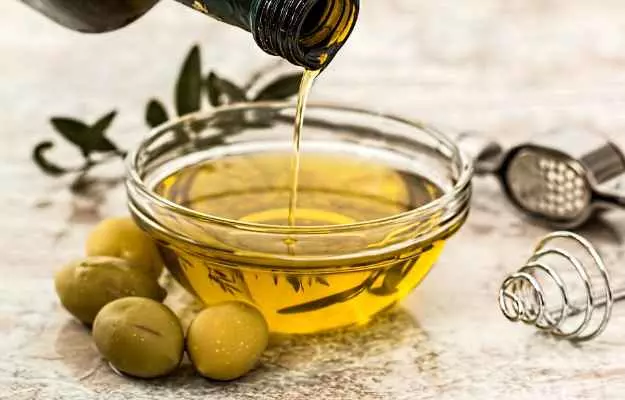Olive oil and nutrition
Olive oil is an integral part of Mediterranean cuisine but now has quickly become the kitchen sweetheart of every health-conscious person globally. It may seem like a “trend” or the new “in thing” in the urban kitchen but the truth is that both olive and olive oil are not new to the health-conscious world and have a very interesting history.
Olive oil is called “the great healer” by Hippocrates, the father of medicine. So, It’s safe to say that olive has long since been known for its medicinal and healing properties.
According to historians, the oldest records of olive tree cultivation comes from about 7000 years back. Archaeological samples of olive tree have been found in Greece that dates back to 3000 years. The medicinal and healing benefits of olives have been found in ancient Greek literature. In fact, Homer, an ancient Greek author has used the term “liquid gold” for olive oil.
You will be amazed to know that the Greeks weren’t alone to cherish and preserve their liquid gold. The olive fruit has been mentioned as a blessed fruit in Quran and mentions of this fruit are also found in the old testament of the bible. Egyptians used the olive leaves in the mummification procedures. Today, this wonder has reached almost every major country in the world and its sought after as a healthier alternative to vegetable oil, sunflower oil, or any saturated oils.
Did you know?
Olive wreaths were given to the winners of ancient Greek games. In Greek mythology, the olive tree is believed to be a gift from the goddess “Athena”. Just in case you did not know, Athena is the goddess of wisdom and courage. It is on Athena’s name that the city of Athens was built. Naturally, olive tree and branches were given the highest regard. In fact, Greeks still consider olive as a symbol of prosperity.













